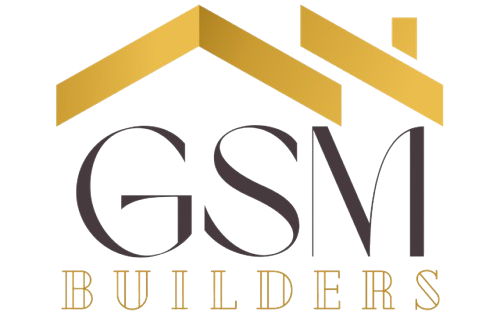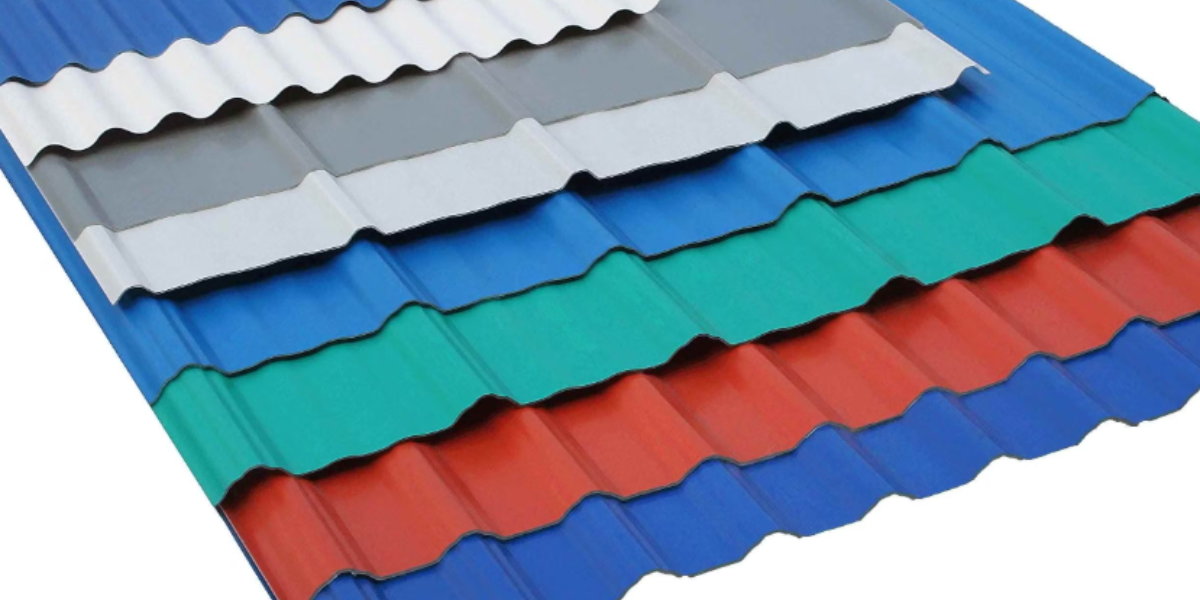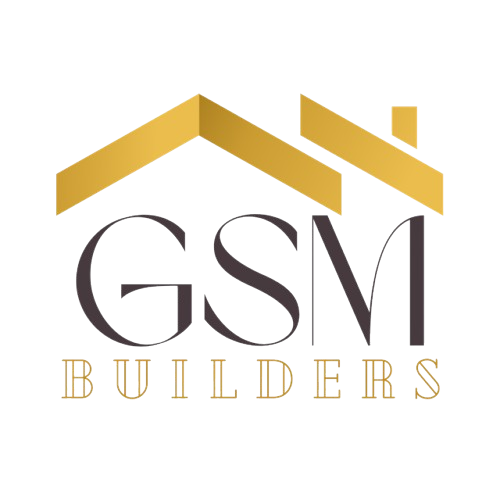When it comes to roofing, the right materials can make all the difference. Whether you’re building a new home, upgrading a shed, or working on a commercial structure, corrugated roofing sheets are a smart and popular choice. But with so many types out there metal, plastic, fibre cement, and more how do you know which one is right for you?
In this guide, we’ll walk you through everything you need to know to choose the best corrugated roofing sheets for your project. And don’t worry we’ll keep things simple, clear, and easy to follow.
What Are Corrugated Roofing Sheets?
Let’s start with the basics. Corrugated roofing sheets are panels made from materials like steel, aluminium, PVC, or fibre cement. They have a wavy or ridged shape (called corrugation), which adds strength and helps water run off easily.
These sheets are used in many places—from garden buildings and garages to warehouses and large industrial roofs. Their lightweight, durable design makes them ideal for the unpredictable UK weather.
Read Also: Is dormer loft conversion is a good idea for new build house?
Why Choosing the Right Sheet Matters
You might be thinking, “A sheet is a sheet—how different can they be?” The truth is, quite a lot. The wrong material could rust, leak, or even collapse under heavy snow or strong winds. On the other hand, the right sheet can last for decades, save you money, and keep your building safe and dry.
So, let’s look at how to choose the right one.
1. Think About Your Project Type
First things first—what are you using the roof for?
- Garden Shed or Garage: Lightweight materials like PVC or polycarbonate could be enough.
- Home or Extension: You’ll likely want metal or fibre cement for better insulation and strength.
- Commercial or Agricultural Building: Go for heavy-duty sheets like galvanised steel or box profile metal sheets.
Knowing your project helps narrow down your options quickly.
2. Consider the UK Weather
We all know the UK has its fair share of rain, wind, and occasional snow. That’s why your roofing material must be weather-resistant.
- Metal sheets (especially galvanised or coated) are great against rain and rust.
- Fibre cement resists moisture and won’t corrode.
- PVC sheets are waterproof, but may not handle heavy wind or snow as well.
If your area sees a lot of rain or strong winds, durability and resistance should be at the top of your list.
3. Durability vs. Budget
Let’s be honest—budget matters. But it’s important to strike a balance between cost and quality.
- PVC and plastic sheets are the cheapest, but they may only last 5–10 years.
- Metal sheets are a bit pricier but can last 30–50 years with proper care.
- Fibre cement is mid-range in price and offers long-lasting strength and fire resistance.
If you’re planning something long-term, spending a little more now can save you expensive repairs later.
4. Don’t Ignore Appearance
Yes, strength and weatherproofing are key—but looks matter too, especially for homes and offices.
- Coloured or coated metal sheets offer a clean, modern look.
- Clear polycarbonate sheets let in natural light—great for greenhouses or porches.
- Textured fibre cement sheets can match older or rustic building styles.
Choose a style and finish that complements your building.
5. Think About Installation
Some corrugated sheets are easier to install than others. If you’re hiring a builder, they’ll handle it, but DIY-ers should take note:
- Plastic and polycarbonate sheets are lightweight and easy to cut.
- Metal sheets need proper tools and care to avoid sharp edges.
- Fibre cement sheets are heavy and may require professional help.
Check the weight, size, and fixing method before choosing.
6. Safety and Sustainability
Safety should never be an afterthought. Ask yourself:
- Is the material fire-resistant?
- Is it non-toxic if used around animals or food storage?
- Can it be recycled or reused?
Fibre cement and coated metal often tick the safety and sustainability boxes, making them ideal for environmentally conscious projects.
7. Maintenance Needs
Some materials need more attention than others.
- Metal sheets may need occasional repainting or anti-rust coating.
- Plastic sheets can get brittle over time or discolour in the sun.
- Fibre cement sheets are low-maintenance but may need cleaning to remove moss or dirt.
Choose a material that fits your lifestyle—low effort is always a bonus!
Popular Options in the UK
To give you a head start, here are the most common corrugated roofing sheets used in the UK:
Galvanised Steel Sheets
Highly durable, great for long-term use, and withstand harsh conditions.
Bitumen Roofing Sheets
Lightweight, affordable, and ideal for sheds and outbuildings.
Polycarbonate Sheets
Let in sunlight and offer UV protection—perfect for patios or greenhouses.
Fibre Cement Sheets
Excellent insulation and fire resistance. Suitable for agricultural or industrial buildings.
Final Thoughts – Make the Right Choice with Confidence
Choosing the right corrugated roofing sheet doesn’t have to be complicated. Start by thinking about your building’s purpose, local weather, and how long you want the roof to last. Then consider budget, style, and ease of installation.
Still unsure? That’s completely normal. At GSM Builders, we’re here to help. We’ve worked with homeowners, landlords, and businesses across London and beyond to choose the best materials for their roofing projects—big or small.
Remember, good roofing is more than just sheets. It’s peace of mind, protection, and a long-term investment in your property.
FAQs
Q1: Can I install corrugated roofing sheets myself?
Yes, some sheets like PVC and plastic are suitable for DIY. But for metal or fibre cement sheets, it’s safer to hire a professional.
Q2: Do corrugated sheets make a lot of noise in the rain?
Metal sheets can be noisy during heavy rain. Using insulation underneath helps reduce sound.
Q3: Are corrugated sheets suitable for homes?
Yes! Many modern homes use coated metal or fibre cement sheets for stylish and strong roofing.
Q4: How long do corrugated roofing sheets last?
Depending on the material, they can last anywhere from 10 to 50 years.



